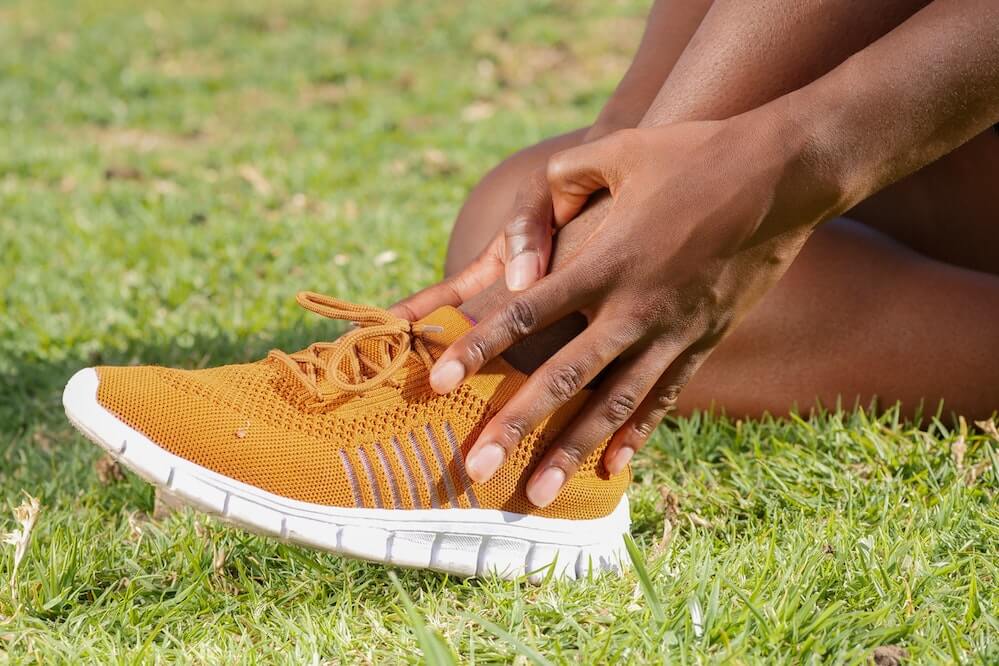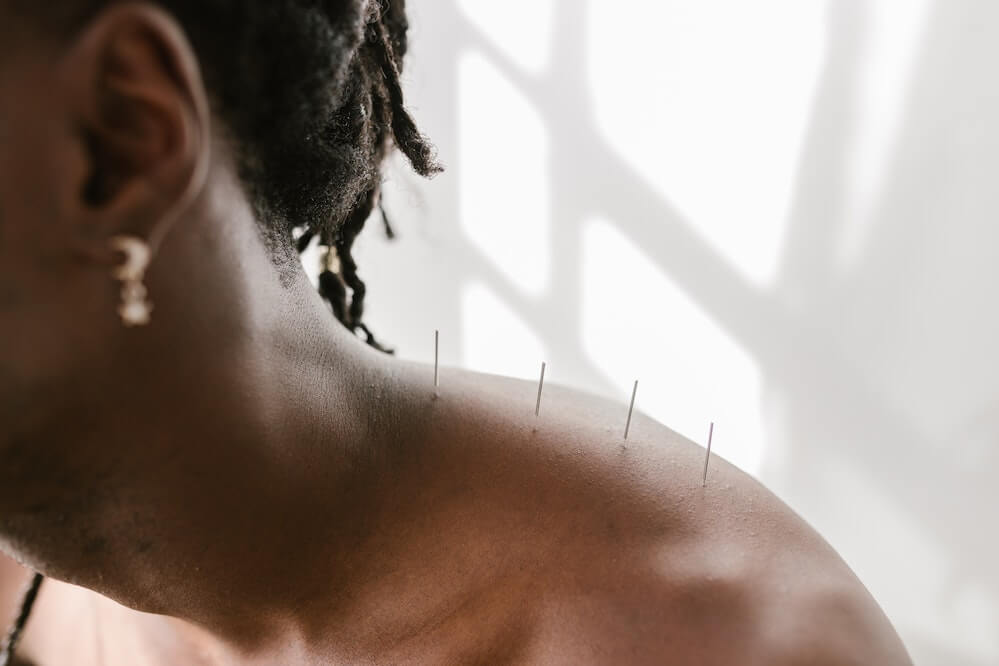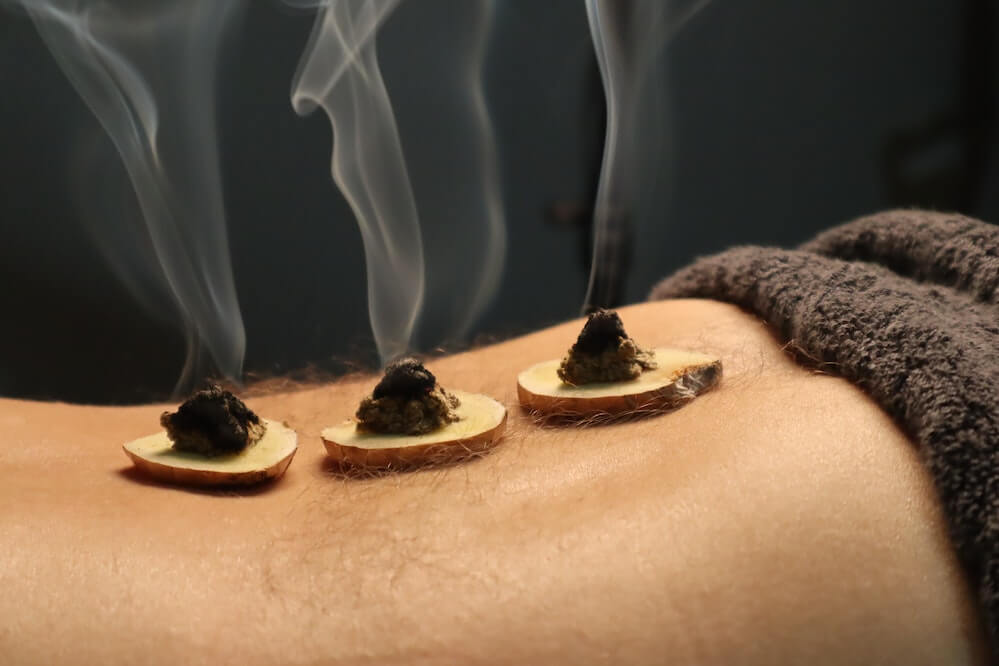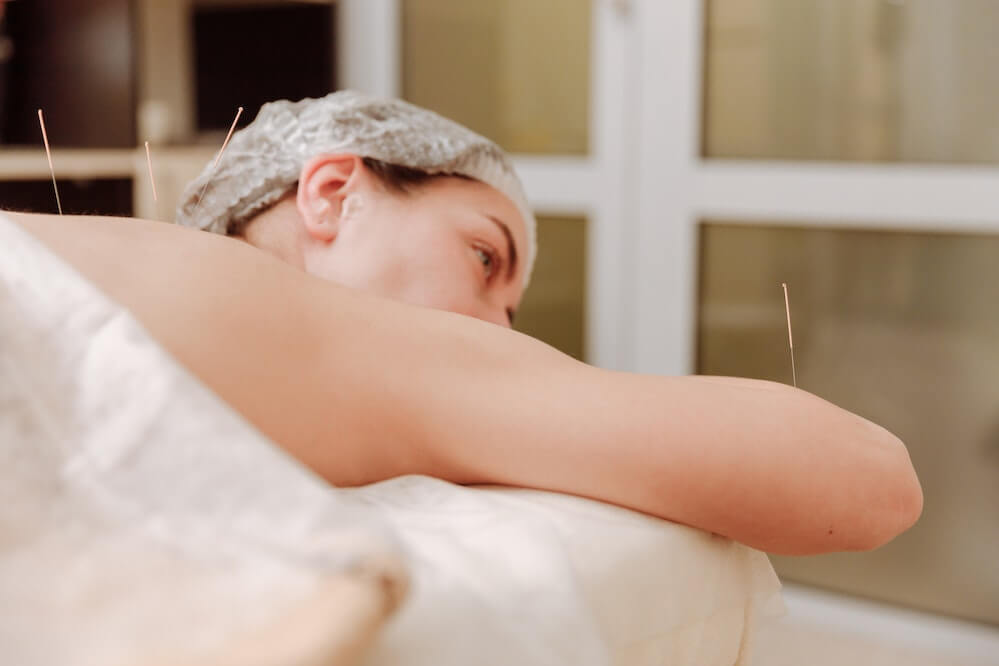Approximately more than 20 million people suffer from peripheral neuropathy on some level. Although we are used to turning to western medicine, there are other alternatives that can be just as (or more) effective. A popular treatment for peripheral neuropathy is acupuncture, which stimulates the central nervous system to release chemicals that increase the body’s healing abilities.
If you’re interested in trying acupuncture for relieving neuropathy pain and want to know more about whether acupuncture can help neuropathy and its benefits, stay with us and find out.
What Is Neuropathy (Also Known as Peripheral Neuropathy)?

The peripheral nervous system sends information signals from the central nervous system to the other parts of the nervous system and vice versa. Neuropathy is any condition resulting from damage to the peripheral nervous system, thus affecting the function of the peripheral nerves.
The damage to the peripheral nervous system can be caused by traumatic injuries, diabetes, metabolic problems, genetic causes, exposure to toxins, and infections.
Some of the symptoms of neuropathy include:
- Motor symptoms: the peripheral nervous system carries muscle signals from the brain. Due to neuropathy, one can expect muscle atrophy, uncontrolled muscle movements, and muscle weakness and paralysis.
- Sensory symptoms: peripheral neuropathy can disturb the signals your body receives and how they communicate with your brain, resulting in symptoms such as tingling, numbness, imbalance, clumsiness, and pain.
- Autonomic symptoms: neuropathy can affect the automatic functions of your body. Such disruptions can result in symptoms like blood pressure changes, blurry vision, swelling, bowel and bladder problems, sweating too much or not enough, etc.
How Can Acupuncture Help Nerve Damage?

According to Traditional Chinese medicine, neuropathy comes from an imbalance in a person’s qi. Therefore, using acupuncture in points linked to symptoms can stimulate endorphins, a pain-relieving hormone. Acupuncture targets points to strengthen and build the body to supplement qi and blood flow.
People using acupuncture can expect mitigation from:
- Numbness in arms or legs
- Tingling
- Muscle weakness
- Changes in blood pressure
- Heat intolerance
- Oversensitivity to touch
- Burning and other types of nerve pain
- Digestive problems
It is important to consider that not all people qualify to receive acupuncture treatment, as some conditions can cause complications:
- Pregnancy: It’s best to consult the doctor before trying acupuncture, as some techniques can cause early labor and premature delivery.
- Bleeding disorders: It’s not advisable for people diagnosed with bleeding disorders or using blood thinners as they can have difficulty healing.
- Heart issues: People with a pacemaker should avoid acupuncture techniques that involve heat or electrical pulses, as electrical currents can impact the pacemaker’s operation.
Acupuncture Styles for Neuropathy

Many different types of acupuncture provide relief for various health issues, such as the following:
- Traditional Needle Acupuncture: helps with headaches, stress, anxiety and depression, colds, and arthritis.
- Cupping & Gua Sha: used to eliminate and release the toxins accumulated in muscles and joints.
- Korean Hand Therapy/ Reflexology: can help alleviate pain from the back, neck, arms, and legs.
- Needless Acupuncture/ Tui Na: best used for treating many health issues such as relieving pain, muscle spasms, arthritis, digestive and reproductive problems, etc.
However, the three most common acupuncture styles to treat neuropathy are cutaneous acupuncture, electroacupuncture, and moxibustion.
Cutaneous acupuncture
This style of acupuncture focuses on using specific acupuncture needles to stimulate an area of the body. Usually, when performing this method, acupuncturists will use a small bunch of needles and lightly tap the area, starting from the toes or fingers and working their way up to the legs or arms.
Electroacupuncture
This form of acupuncture is based on stimulating the flow of qi in the points linked to the symptoms, thus increasing the effects of traditional acupuncture. Electroacupuncture is done by placing two needles around the point related to the symptoms while a machine delivers an electrical impulse to them.
People can use electroacupuncture for many symptoms and ailments, such as stress, tinnitus, arthritis, chemotherapy-related nausea, pain, addiction, etc. Furthermore, studies show that electroacupuncture can promote nerve repair after peripheral nerve injuries.
Moxibustion
Moxibustion is an ancient form of treatment complementary to acupuncture. The key to moxibustion is dried mugwort leaves, which are then shaped into sticks or cones (moxa) and lighted to warm points in the body and relieve pain. There are different ways of placing moxa cones, such as holding the moxa an inch away from the skin, placing the moxa cones on top of another therapeutic material (bamboo, ginger, or salt), or putting the moxa onto acupuncture needles.
It’s most commonly used for menstrual cramps, infertility, organ prolapse, indigestion, joint pain, etc. Another use of moxibustion is for diabetic peripheral neuropathy, as it provides therapeutic effects for patients.
Benefits of Acupuncture for Peripheral Neuropathy

In general, acupuncture has many health benefits, such as:
- Reduced stress
- Headache relief
- Reduced back and joint pain
- Enhanced mental clarity
- Increased energy
- Better sleep
However, people also can experience specific relief for health problems, fewer digestive problems, controlling blood pressure, relief from allergies, etc.
In the following, we’ll mention the specific benefits of using acupuncture for neuropathy.
Increased resistance to pain
Acupuncture stimulates the release of endorphins, aka the feel-good hormones, which help relieve pain immediately. It also serves as a foundation for increasing resistance to pain.
Implementation of healthy habits
While neuropathy can come from sources beyond our control, such as autoimmune diseases, traumatic injuries, metabolic problems, and others, it can also come as a result of poor lifestyle choices (poor diet, alcohol abuse, or smoking). By taking a holistic approach, a capable acupuncturist will help patients realize where the issues stem from and the importance of caring for their bodies, thus motivating them to implement healthy habits in their daily lives.
Control of emotions
It’s understandable that people living with chronic pain, recovering from chemo, or having nerve problems can experience depression and anxiety. Using acupuncture as a treatment for neuropathy will help relieve some of the pain, thus making it easier to return to the pre-pain life, control your emotions, and boost your mood. It’s also a natural alternative for people who don’t want to take antidepressants right away.
Conclusion
Acupuncture is an excellent procedure to relieve pain and treat health issues, including neuropathy. While putting tiny needles in your body on purpose may seem strange, working with a capable and qualified acupuncturist will make the whole procedure easier to process and more effective. Acupuncture is a safe and useful therapy with minor side effects (dizziness, pain where needles puncture the skin, bruising, and minor bleeding).
If you’re already on the road to becoming an acupuncturist, want to further your education, and master this technique, you should consider pursuing a master’s degree in acupuncture. Here at AIAM, we offer the shortest master’s program, allowing you to start practicing earlier than planned.